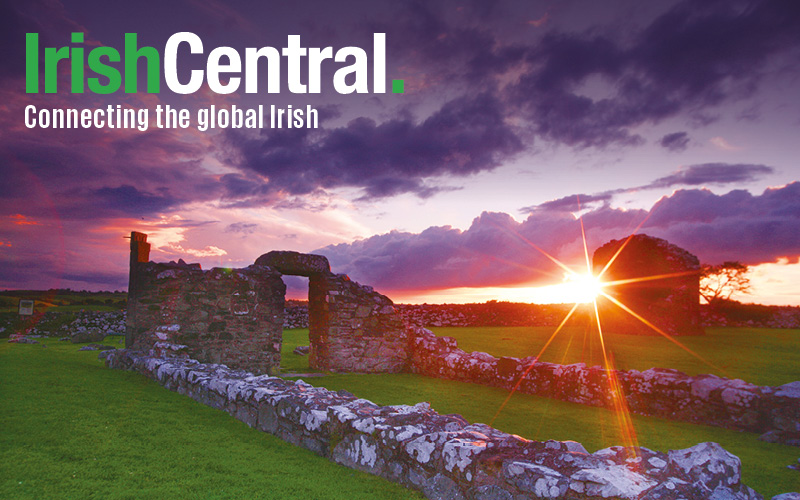New figures released by Ireland's Central Statistics Office reveal trends in Irish marriages, including the age of those who marry and how they celebrate their wedding vows.
The latest figures from the Central Statistics Office (CSO) reveal that only 42% of weddings in Ireland took place in a Catholic Church.
Meanwhile, there were 22,555 opposite-sex marriages in 2022 while 3 in every 100 marriages were same-sex.
The statistics also show that there were 4.5 marriages per 1,000 of the population in 2022.
Comparatively, in 2020, Cyprus had the highest crude (unadjusted) marriage rate of the EU27 Member States with a rate of 8.9 per 1,000 population while Portugal and Slovenia had joint lowest in 2021 with a rate of 2.8 per 1,000 population.
According to the CSO, "The average age of grooms was 37.4, unchanged from 2021. The average age of grooms rose from 27.3 in 1972 to 27.4 in 1982 and increased to 37.4 in 2022. There is a similar trend for the average age of brides, increasing from 24.8 in 1972 to 25.3 in 1982 before rising to 35.4 in 2022."
Their statement continues "There were 23,173 marriages (opposite and same-sex) in 2022 compared with 17,217 in 2021, an increase of 5,956 (35%). This increase is reflective of the lifting of COVID-19 pandemic restrictions and the resulting impact on marriage numbers in 2022. There were 4.5 marriages per 1,000 population in 2022, up from 3.4 in 2021. Almost 3 in every 100 marriages (2.7%) were same-sex in 2022."
While the 2016 census of Ireland shows that over 78.3% of the population identify as Roman Catholic (compared with 84.2% in 2011), only 42% of marriage ceremonies took place in a Catholic Church in 2022. Some 64% of Irish weddings were religious in some way, while a third of Irish people are opting for civil or Humanist ceremonies.
The CSO states that "there were 9,376 (40%) Catholic marriage ceremonies, 284 (1.2%) Church of Ireland ceremonies, The Spiritualist Union of Ireland performed 2,299 (9.9%) ceremonies, and 2,986 (13%) couples opted for other religious ceremonies.
"The majority of non-religious ceremonies were civil marriages which accounted for 26% (6,071) of all marriages; the remaining 2,157 (9.3%) couples had Humanist ceremonies."
Speaking to Newstalk radio one couple said of religious wedding ceremonies "We've been to a few that we didn't love and we just kind of wanted a civil one ourselves... Something a bit more unique and personal to us.”
The bride added, “When all of our friends in their twenties got married, it was religious and now we're in our thirties and it's mostly civil ceremonies.”
Director of Entheos Ireland, a non-denominational religious group, Karen Dempsey said “the culture of weddings has totally changed now”.
She made the point that more and more couples in Ireland are seeking out unique ceremonies.
“Very often people will come and say, ‘I heard about a sand ceremony, I heard about using candles I heard about a wine box ceremony, all of these different things,” she said.
“The essence of all of those extra inclusions is to symbolize what it is that you're bringing to the ceremony,” she explained.
“These are various different ways of symbolizing unity and union and coming together.”
*For more information visit the CSO website.




Comments